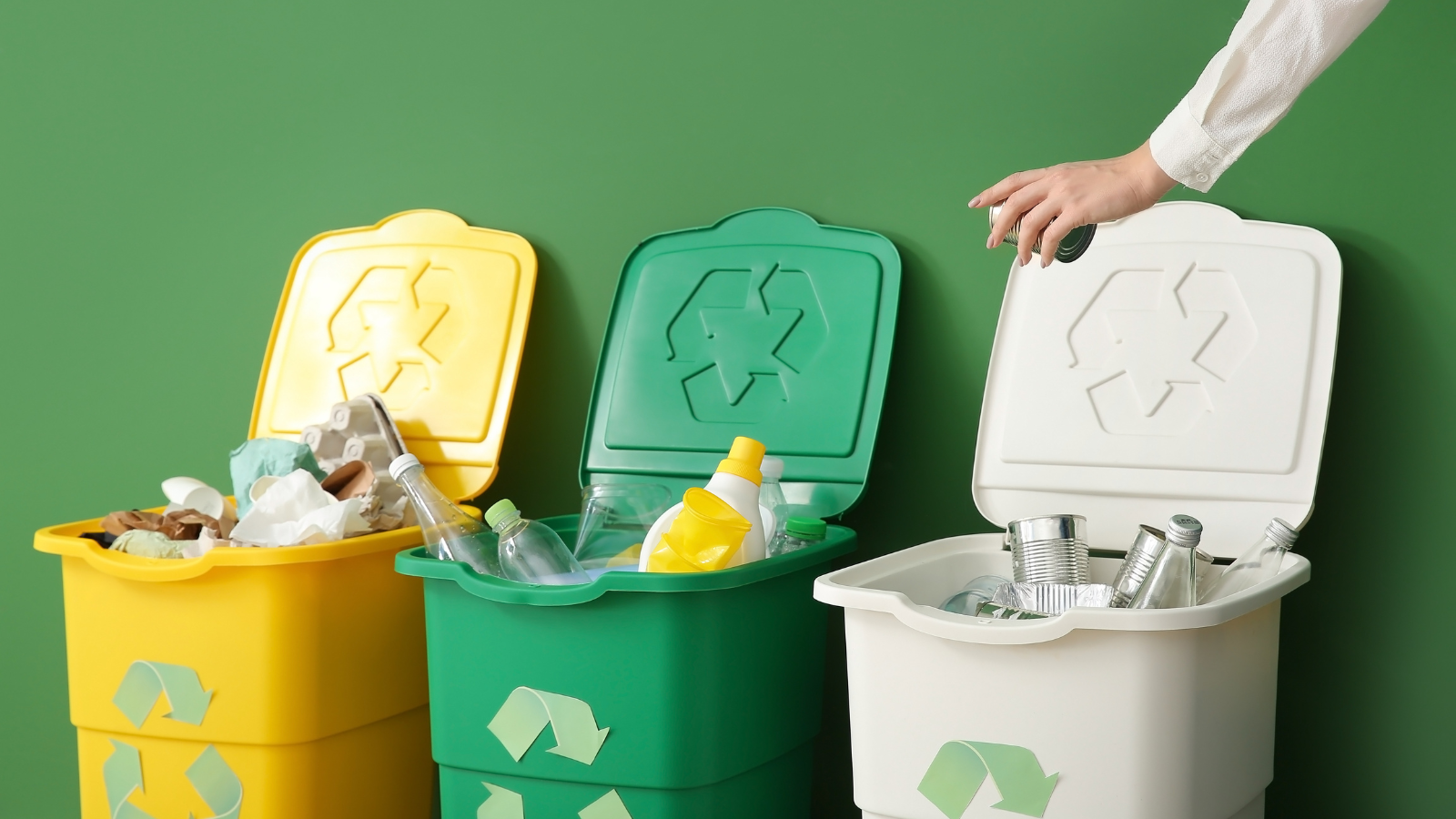The Waste Framework Directive revision is a missed opportunity, says Zero Waste Europe

Brussels, 5 July – The Waste Framework Directive revision is a missed opportunity, says Zero Waste Europe, the Brussels-based environmental NGO.
While Zero Waste Europe welcomes the Commission’s proposal to introduce EU-wide food waste reduction targets – the first of its kind – the NGO regrets that the proposal missed an opportunity to address key issues in the waste sector.
The food waste reduction targets set by the European Commission for processing and manufacturing (10%) and retail, services, and households (30%) fall far short of the commitment made under Sustainable Development Goal 12.3. This raises great concerns as these targets do not align with the required 50% reduction, as outlined in SDG 12.3.
Theresa Mörsen, Waste & Resources Policy Officer at Zero Waste Europe, stated that: “We sincerely hope that this target will be strengthened during the negotiations to include a 50% reduction by 2030 from farm to fork. The focus on retail and consumers in the proposal lets many production and processing businesses off the hook. The fact that primary production was excluded completely is highly regrettable as this sector produces high amounts of food losses and waste.”
The proposed Extended Producer Responsibility for textiles is seen as a first step towards holding producers accountable for the products they release into the market. However, the unnecessarily long transition period of thirty months means tons of textiles will continue to go to incineration. Moreover, the revision does not go far enough in reshaping the rules for Extended Producer Responsibility in the EU. Specifically, there is a need for the revision to address issues such as the amount of eco-modulated fees that can be charged and the governance of Producer Responsibility Organisations.
Extended Producer Responsibility should act as a price incentive to drive better design instead of a fee producers ‘pay to pollute’. It is evident that the environmental impact of the textiles industry lies in the production phase and, therefore, managing waste at the end of life has only a small overall effect.
“While overall waste prevention targets would have been the ideal scenario for this revision, ambitious waste prevention should be mandated at least for the waste streams addressed here. For textiles, the EU’s goal to improve the durability of garments is a good first step but ignores the fact that production is driven by fast fashion trends and aggressive marketing rather than the need to replace broken clothes,” Mörsen said. “Until this is addressed via, for example, effective waste prevention measures, we are only treating the symptoms of a broken system.”
Janek Vähk, Zero Pollution Policy Manager at Zero Waste Europe, added, “Recent reports from the EEA and the European Court of Auditors reveal the insufficient progress made by the EU towards achieving a circular economy. Today’s proposal overlooks the crucial challenges at hand at a time when we need to take more immediate action.”
“We urgently call upon the European Parliament and the Council to implement essential measures, including the establishment of residual waste targets and mandatory sorting of waste that is not separately collected,” Vähk continued.
Moreover, optimising organics separate collection is absolutely necessary to achieve EU recycling targets, as the Commission recently remarked in their recent Early Warning Reports.
Mörsen reiterated: “We see here a real lack of governance from the EU that set recycling targets but omitted to introduce targets for organics collection.”
By adopting these key measures, Member States will be better equipped to meet the current targets and drive substantial advancements towards a sustainable future.
In the long run, the next Commission must take on a serious overhaul of the Waste Framework Directive into a resource framework directive. The EC is obliged to examine data on reuse and prevention to assess the feasibility of quantitative targets for reuse and waste reduction by the end of 2024. The Commission should seize this opportunity to turn the law into a regulatory framework for a circular economy consistent with the 1.5 degrees target that lays out a pathway to the continued reduction in raw material consumption across the EU economy.
ENDS
Photo credits: Canva
Notes to the editor
The European Commission’s Proposal for a targeted revision of the Waste Framework Directive.
Zero Waste Europe has convincing case studies through its Zero Waste Cities initiative that prove that municipal waste targets could potentially halve our waste by 2030.
MEDIA OUTREACH CONTACTS
- Sean Flynn, Media Outreach & Communications Officer at Zero Waste Europe, [email protected] or [email protected] / +32 471 96 55 93
- Theresa Mörsen, Waste & Resources Policy Officer at Zero Waste Europe, [email protected]
Zero Waste Europe is a European network of communities, local leaders, experts, and change agents working towards the elimination of waste in our society. Advocating for sustainable systems and the redesign of mankind’s relationship with resources, they accelerate a just transition towards zero waste for the benefit of people and the planet. www.zerowasteeurope.eu